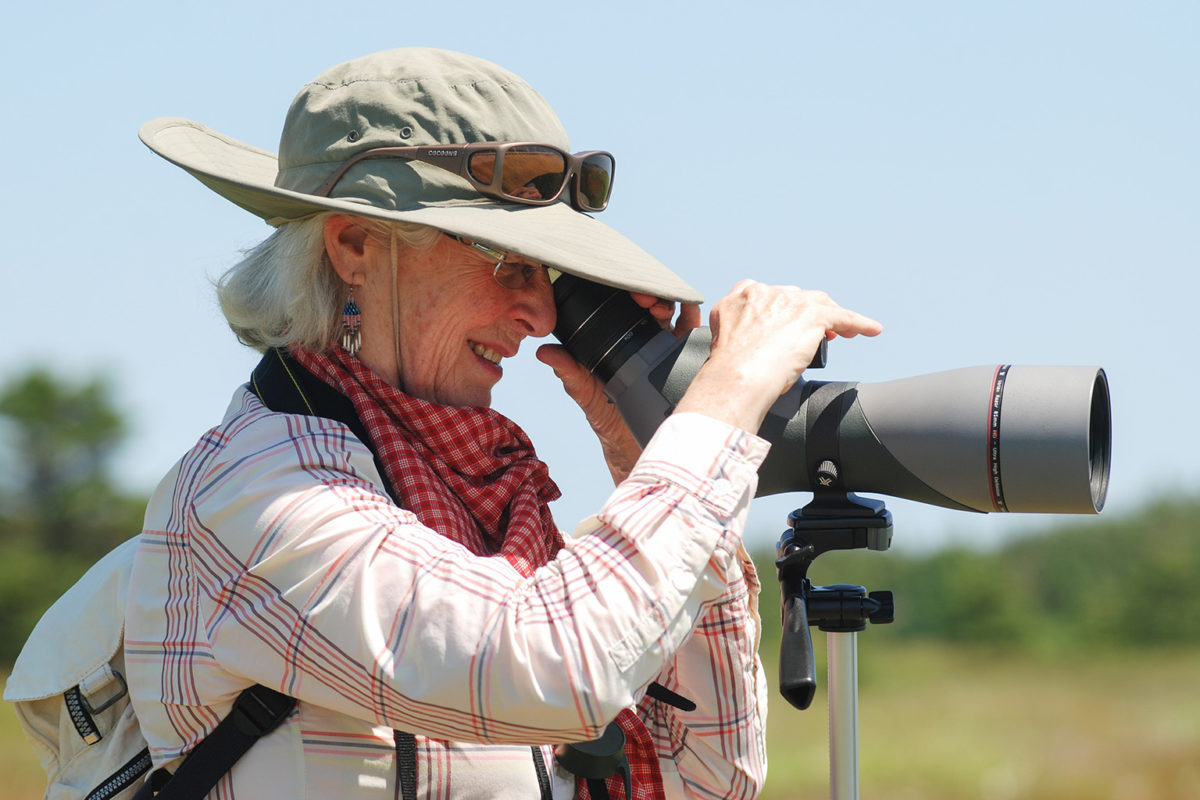In March 2020, the COVID-19 pandemic shut theatres across North America and beyond. What’s the receipt of two Primetime Emmy Awards, a Tony Award, and nominations for four Academy Awards, and three Golden Globe Awards to do?
For Jane Alexander, an acclaimed film and stage actress who is up for her eighth Tony Award nomination later this month, the answer was simple: Embrace her love of nature by spending the unexpected time off to enjoy the wild landscapes of Nova Scotia.
“After the Broadway play I was in, ‘Grand Horizons,’ closed in March 2020, I drove home and have spent the past 18 months walking the beaches, the trails, the bog edges and forest, marking the daily changes in nature: spring’s arrival, raging storms, the comings and goings of birds, a Bobcat stalking a Snowshoe Hare, animal tracks, the names of mushrooms and so on,” she told Mongabay during a recent interview. “I wrote of these things in my journal, and took pictures of most everything—life in its abundance while the virus crept into the lives of human beings the world over bringing death and sorrow.”

Though Alexander is best known for her long acting career, writing, and service as the chairwoman of the National Endowment for the Arts in the 1990s, she has been an active advocate for nature and wildlife for decades, including serving on the boards of the Wildlife Conservation Society, the National Audubon Society, and the Centre Valbio in Madagascar. Later this month, she will present the Jane Alexander Global Wildlife Ambassador Award, which recognizes prominent individuals who lend their voice to wildlife conservation efforts, at the Indianapolis Prize gala.
Alexander said her acting career has also afforded her opportunities to explore places that she otherwise would not have had the chance to visit.
“The environment has intersected with my acting career insofar as it allowed me to bird wherever I was on location for a movie or a play,” she said. “All I needed was a pair of binoculars and a bird guide. Essentially, I became self-taught as a naturalist because scheduling a human guide while working was problematic.”

But it is Alexander’s long history in Nova Scotia–including participating in Audubon’s Christmas Bird Count and volunteering as a Piping Plover guardian–that has enabled her to observe first hand how the environment is changing.
“My place of wonder and peace would have to be my home in southwest Nova Scotia,” she said. “My friends in Nova Scotia and I are united in our love of the natural world and the commitment to protect her.”
“The rising tide is encroaching the coastlines faster than we thought.”
Alexander spoke of her love of the natural world, her conservation efforts, and more during a recent conversation with Mongabay.

